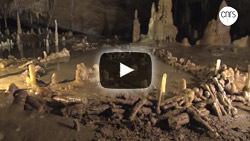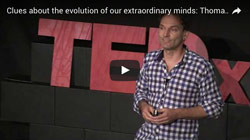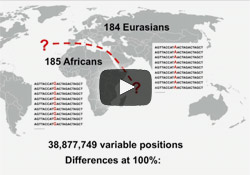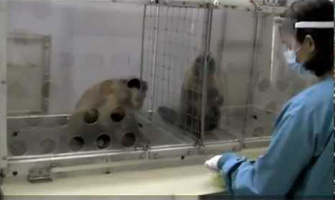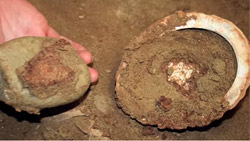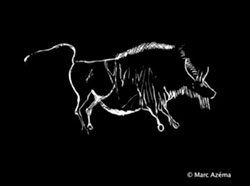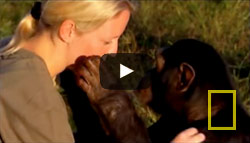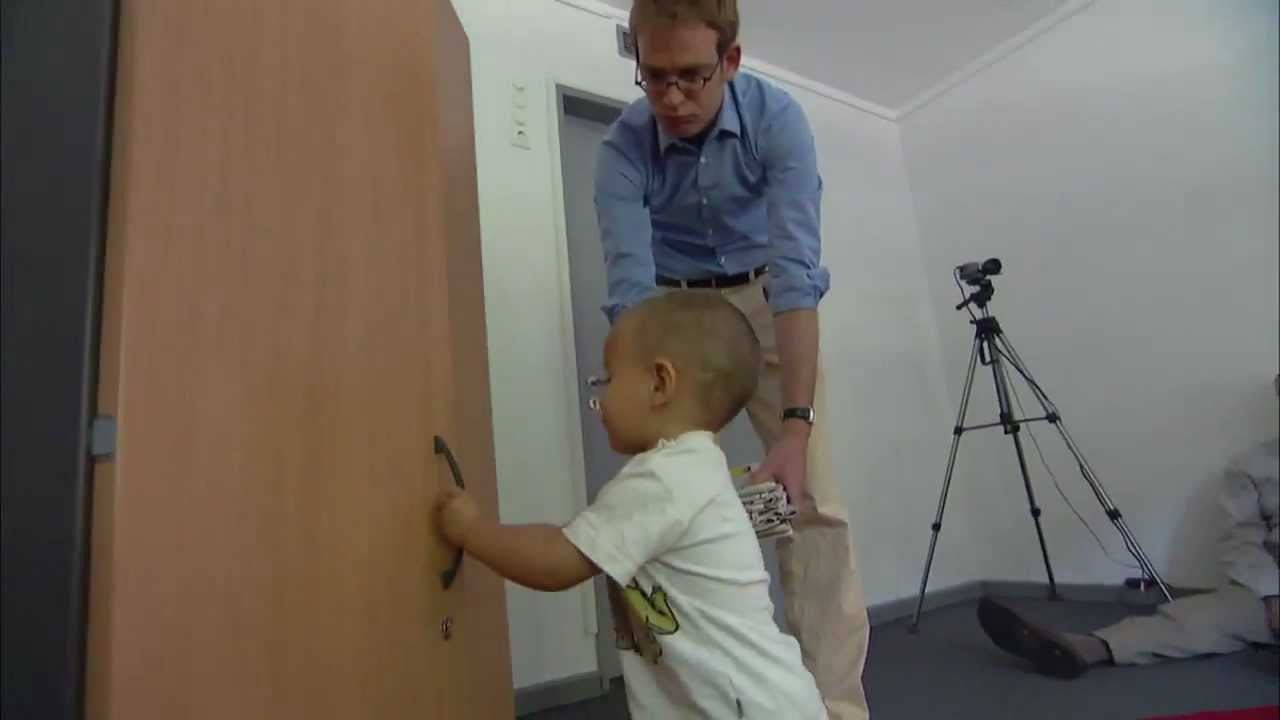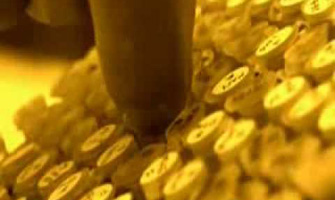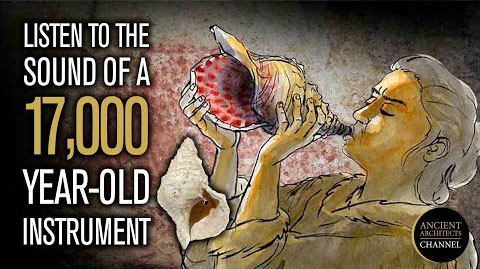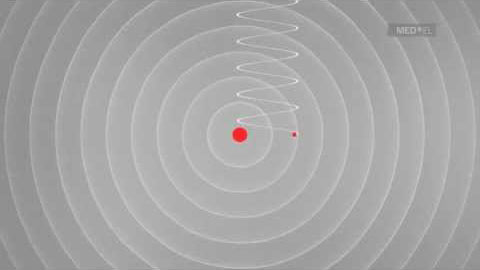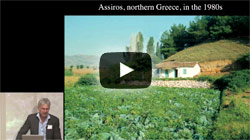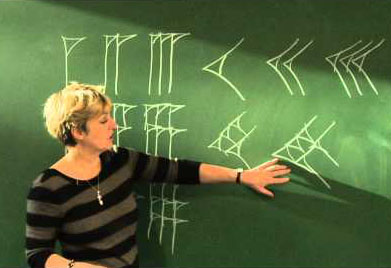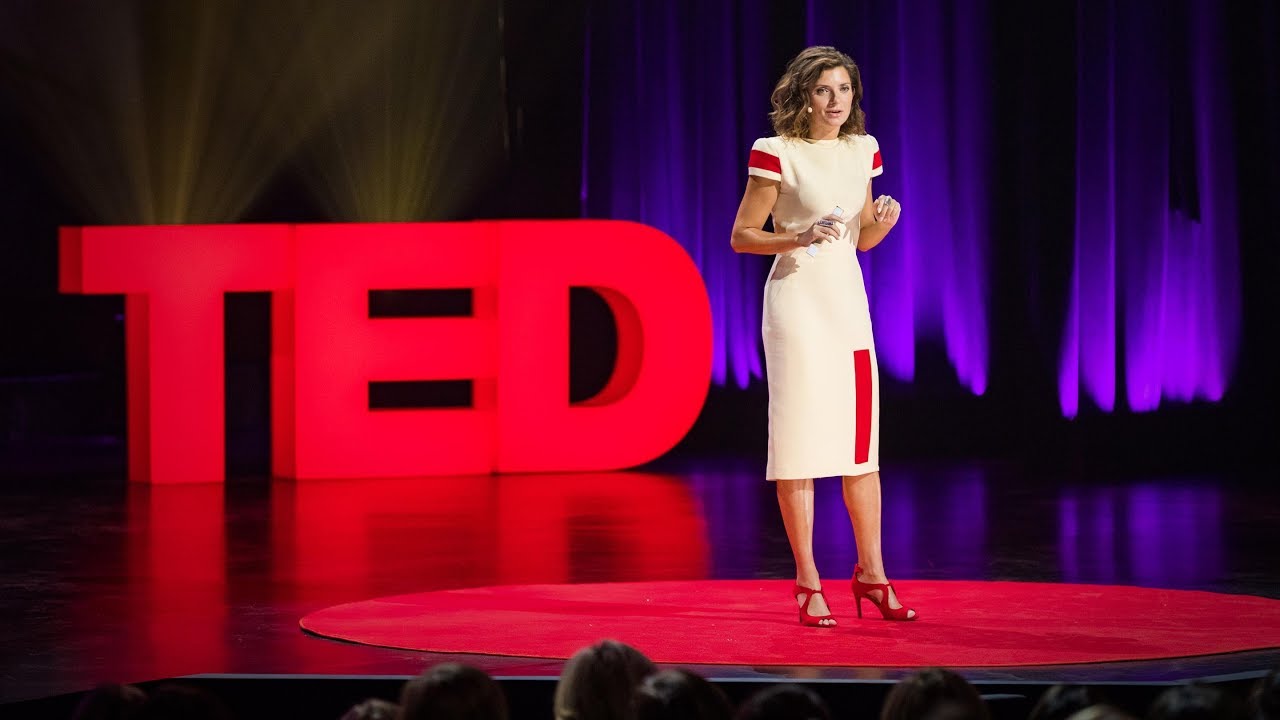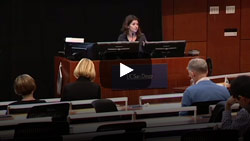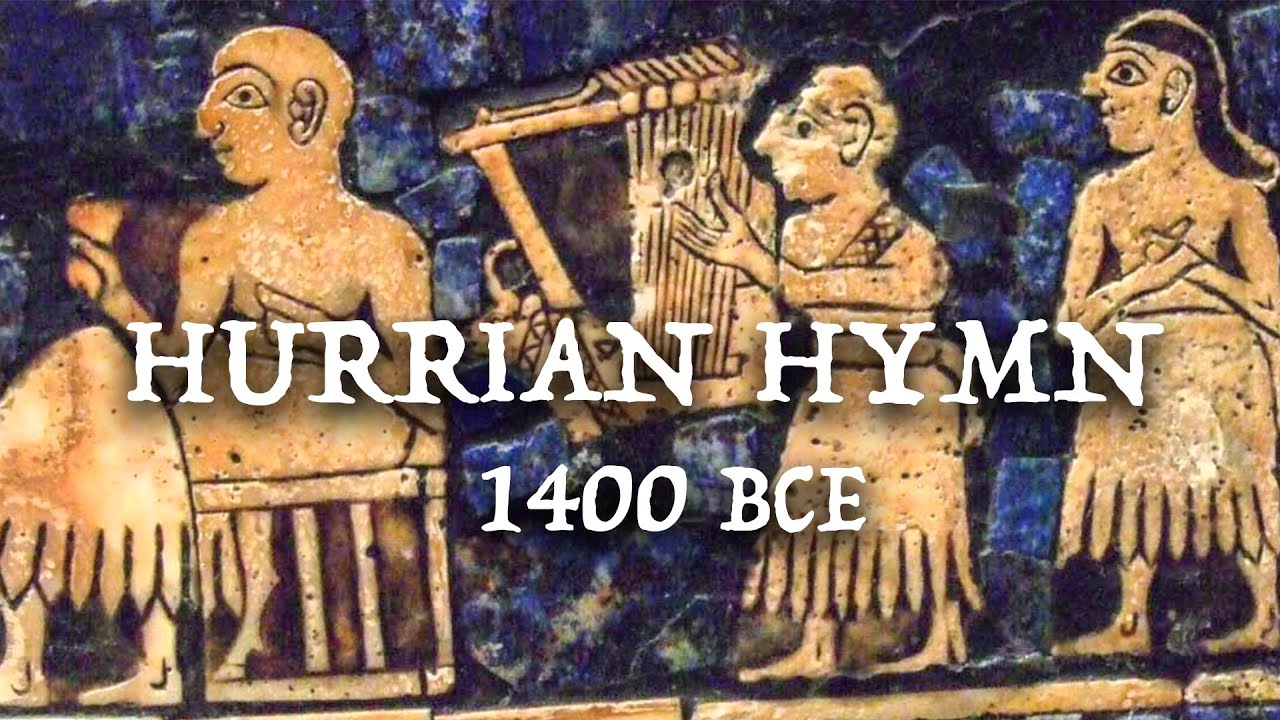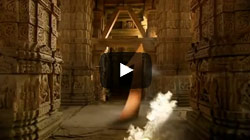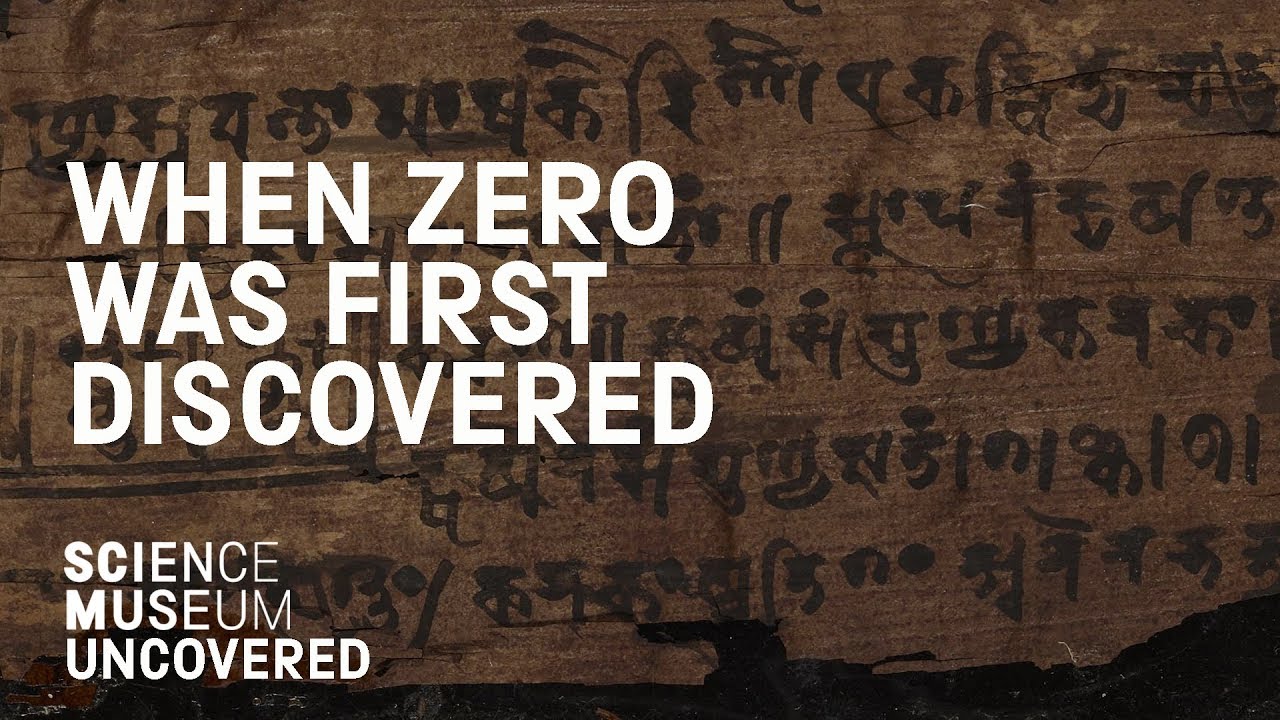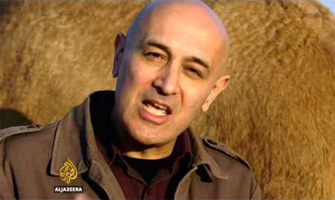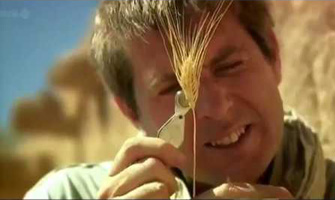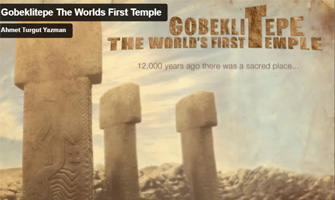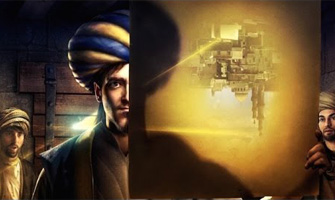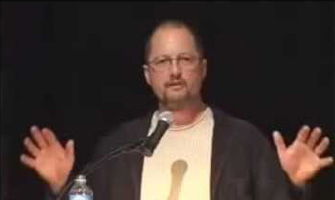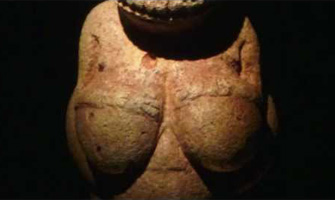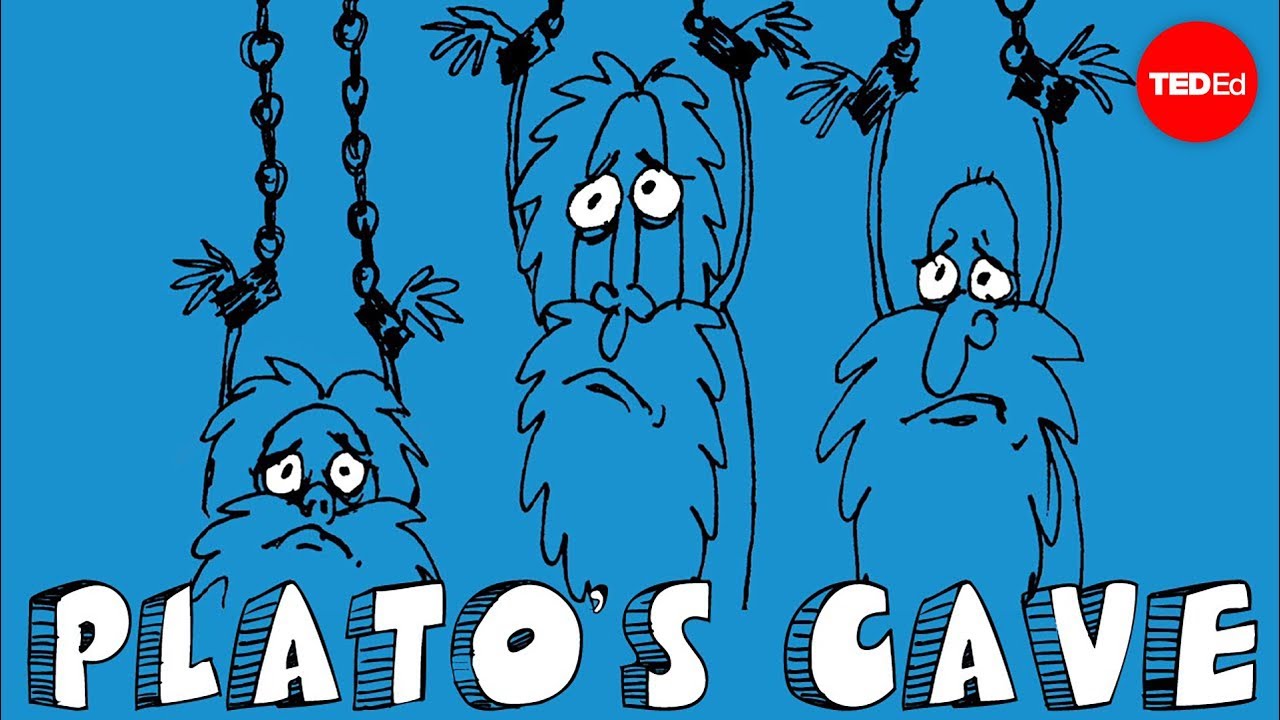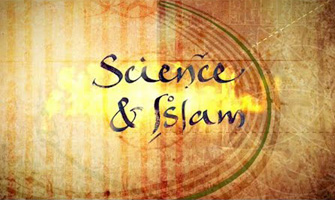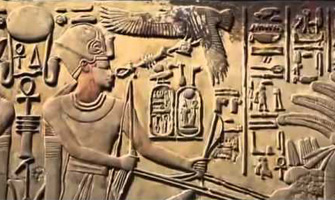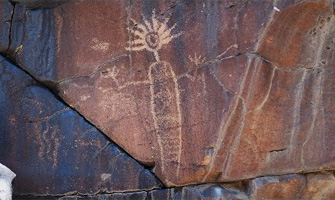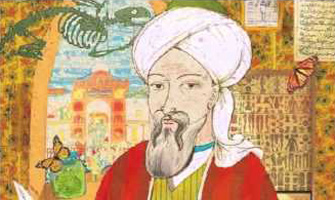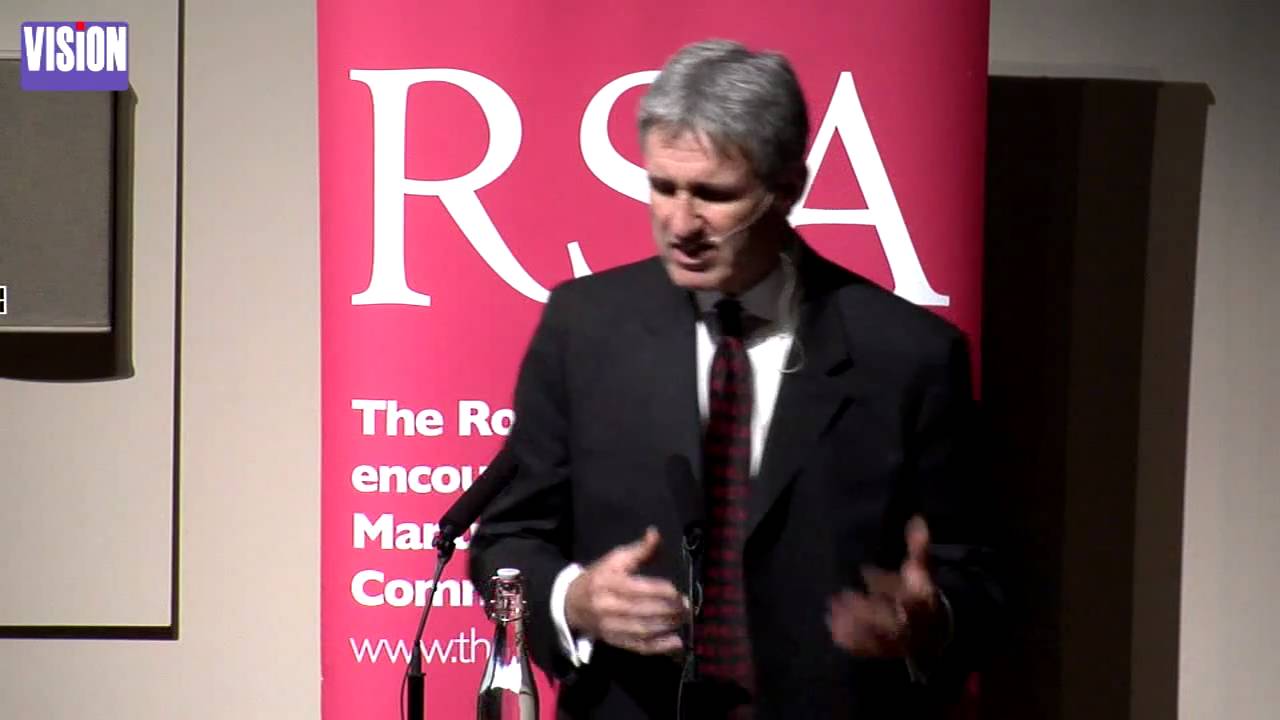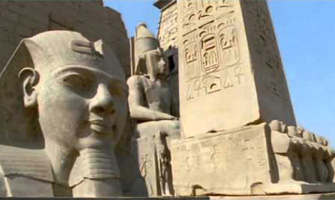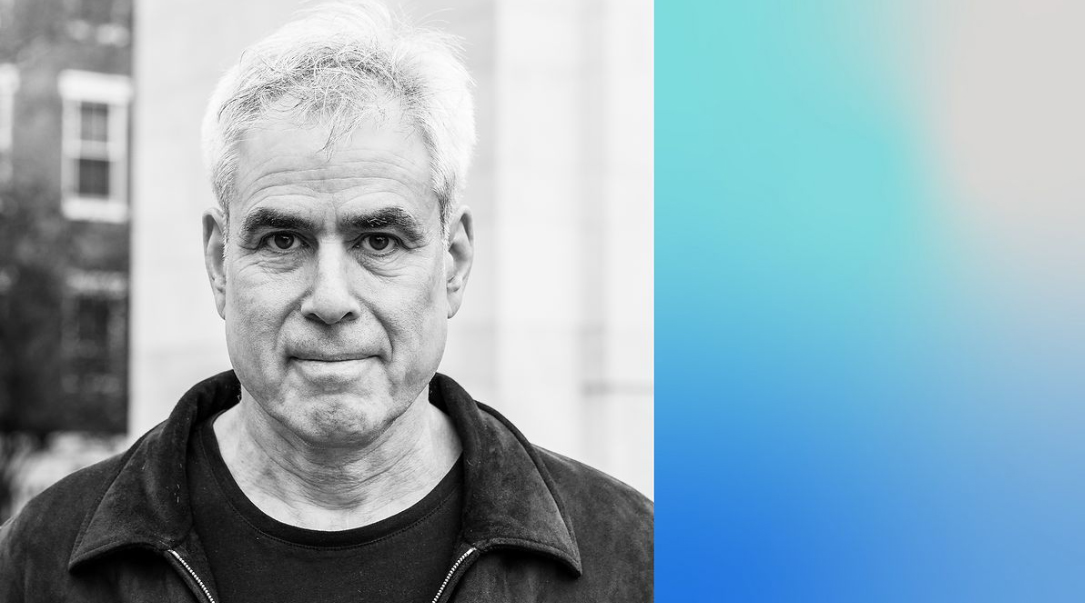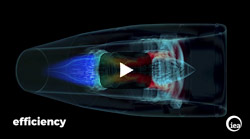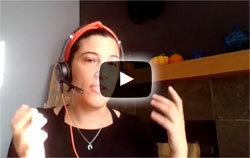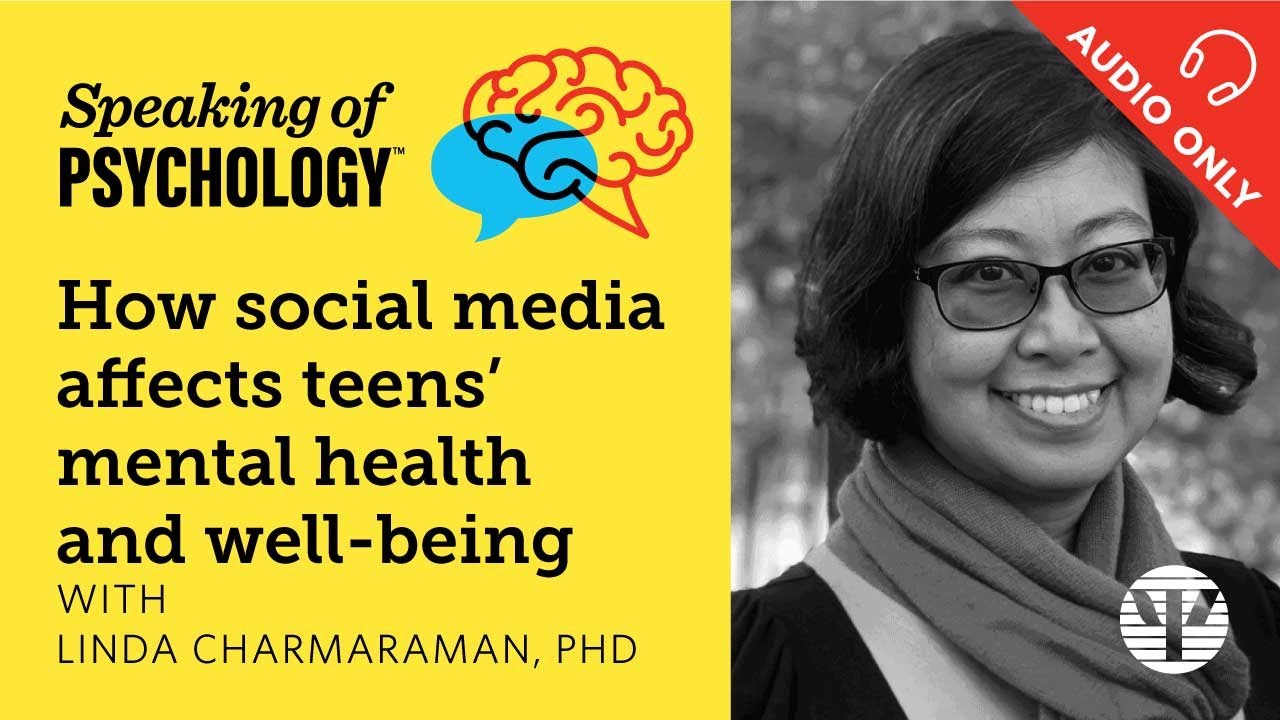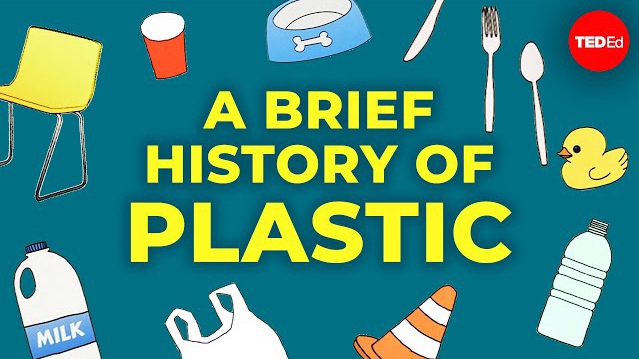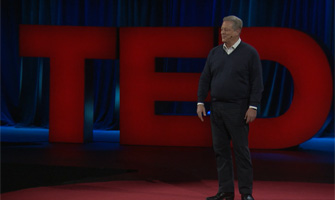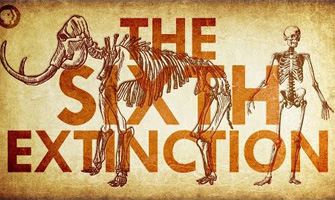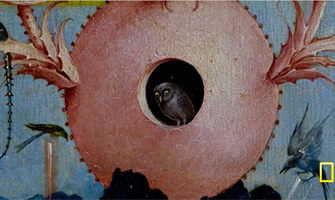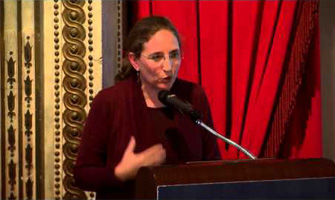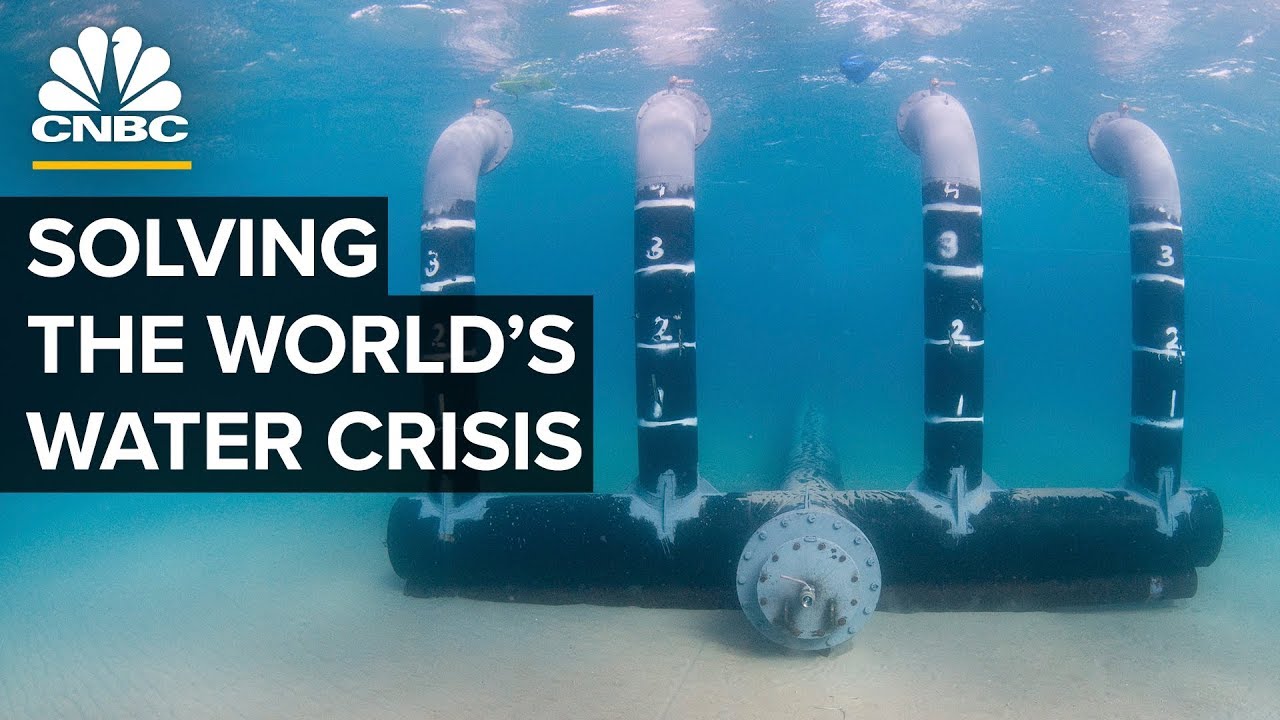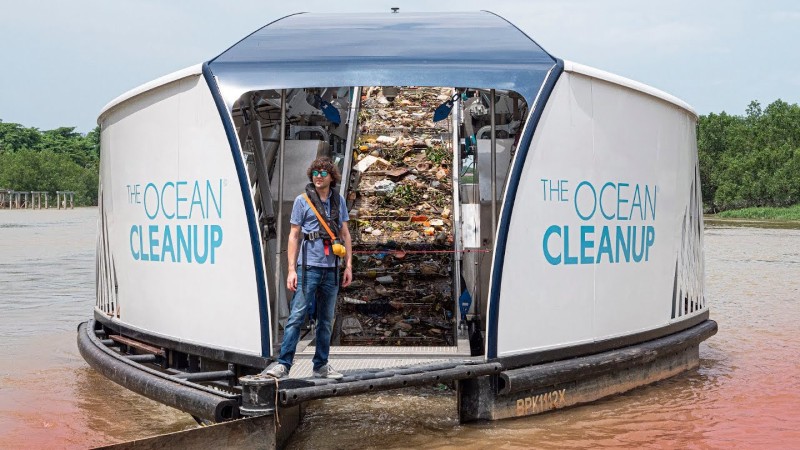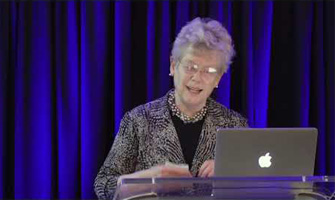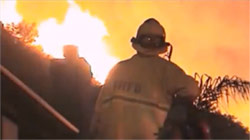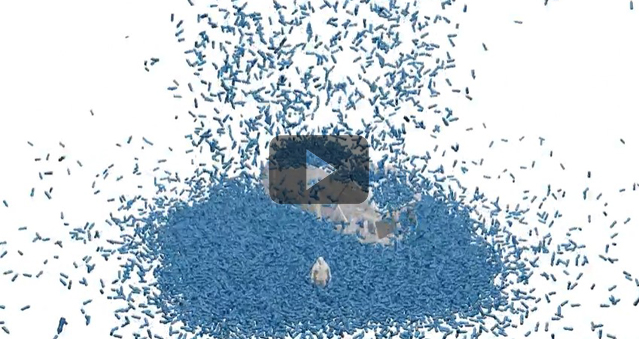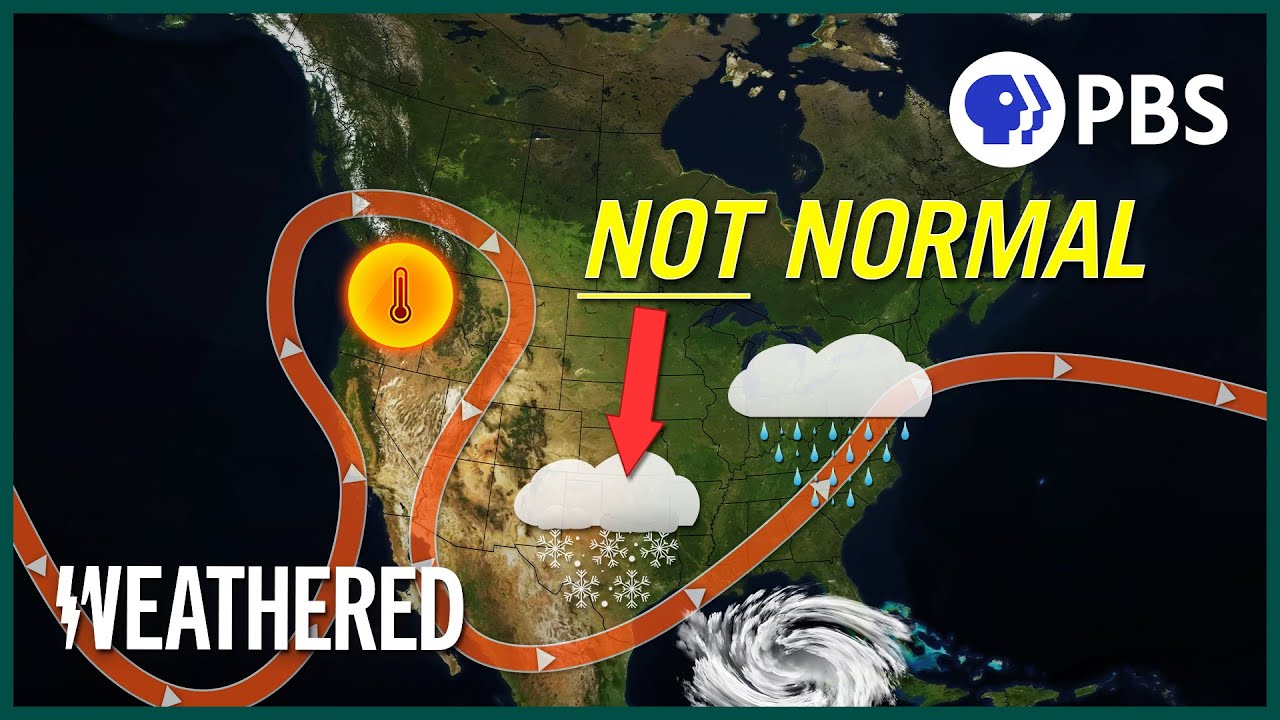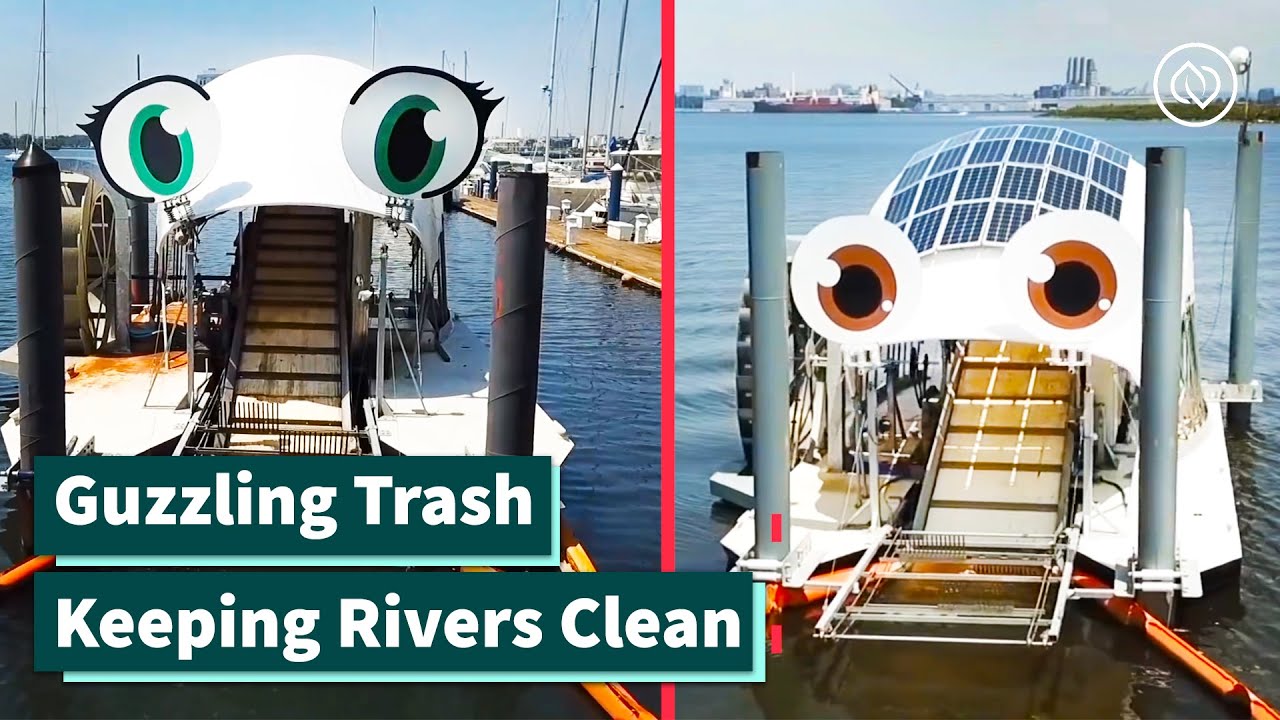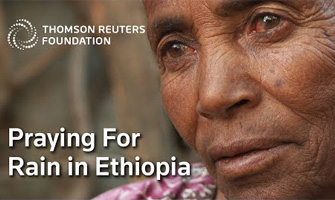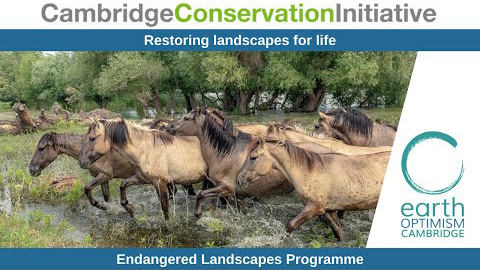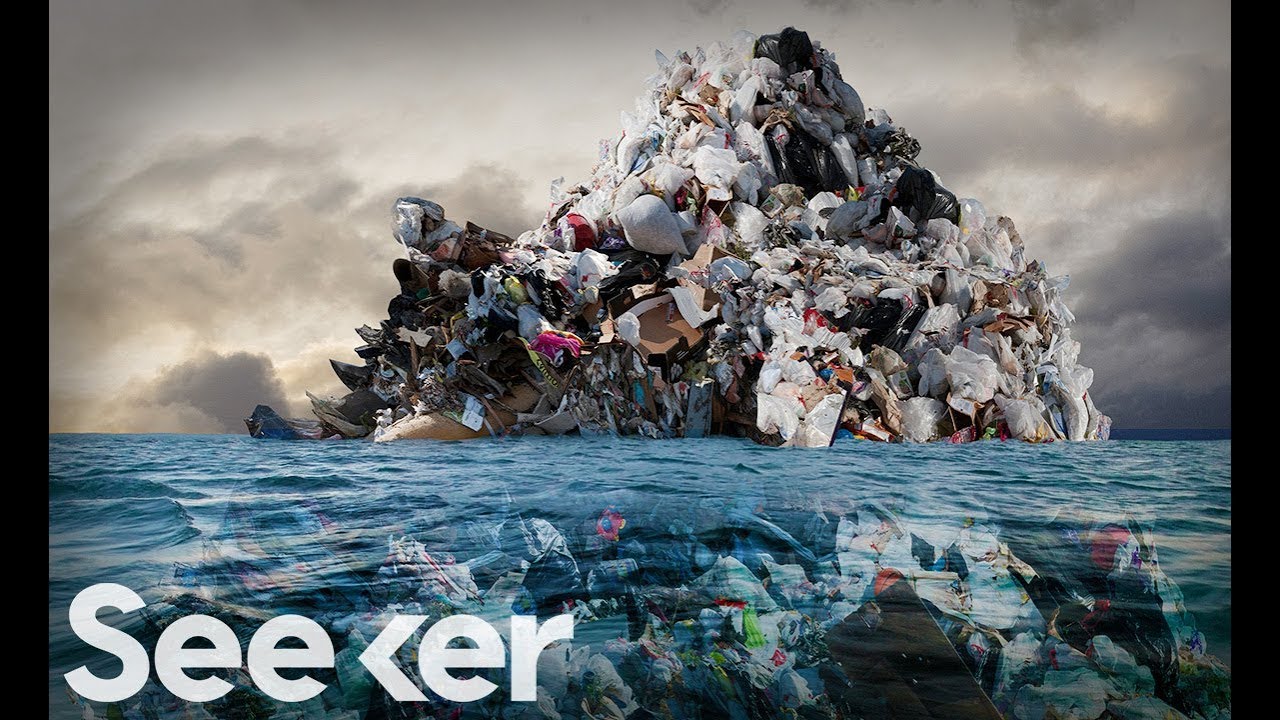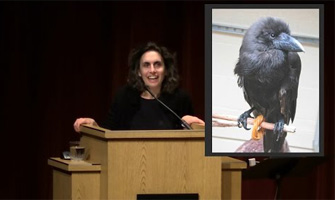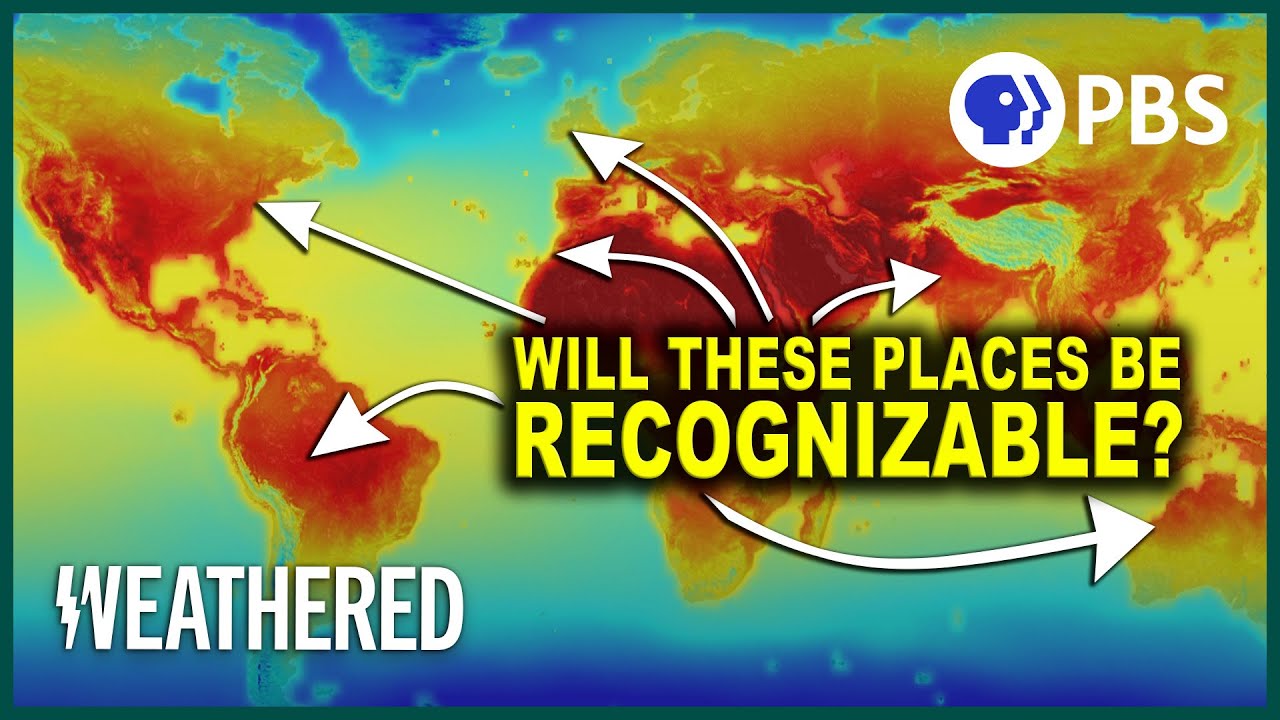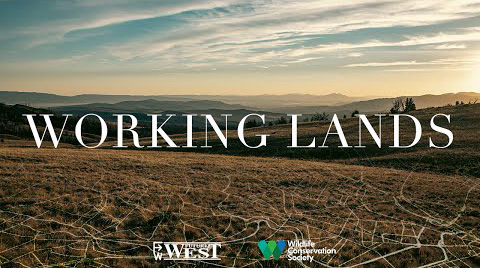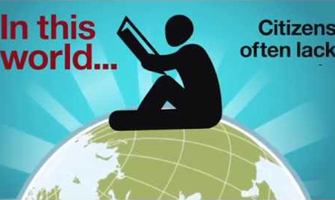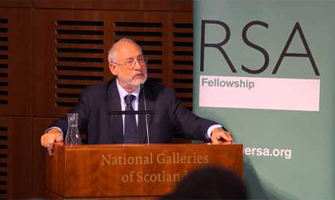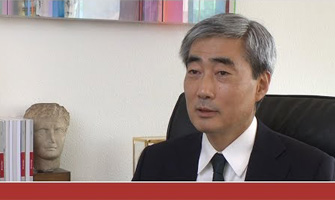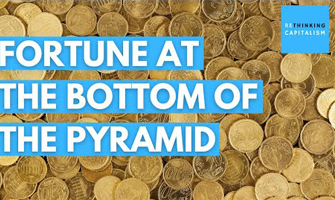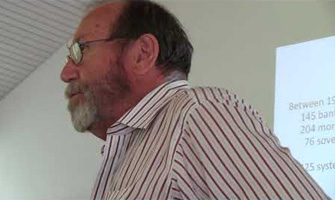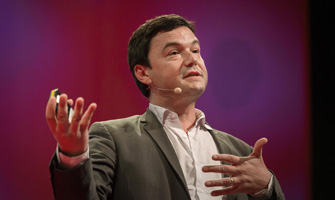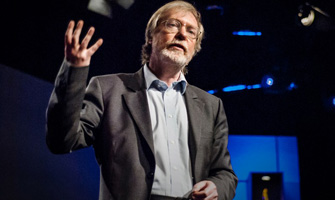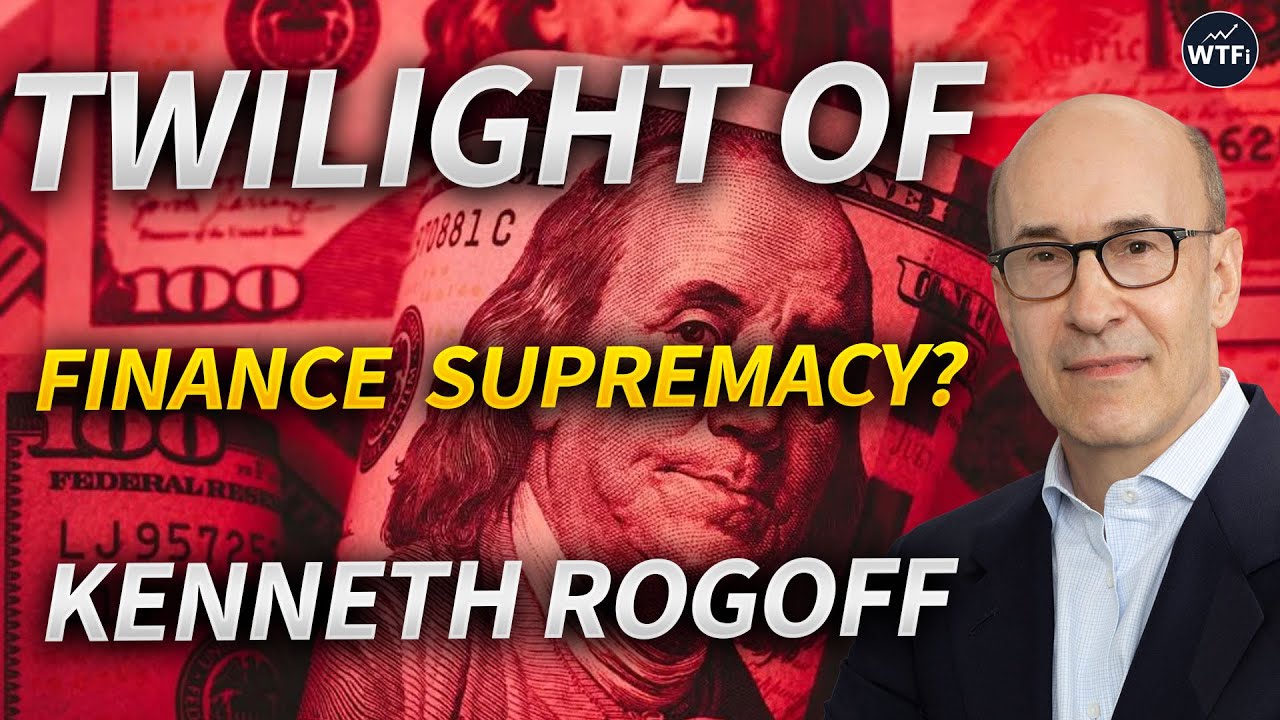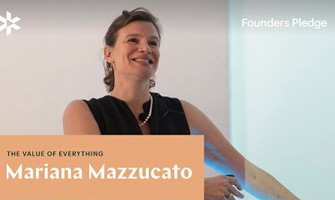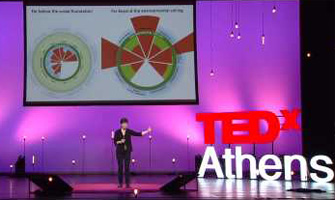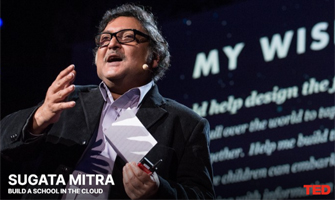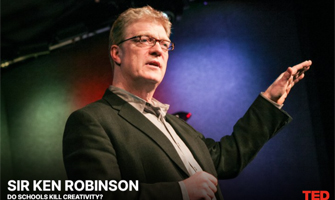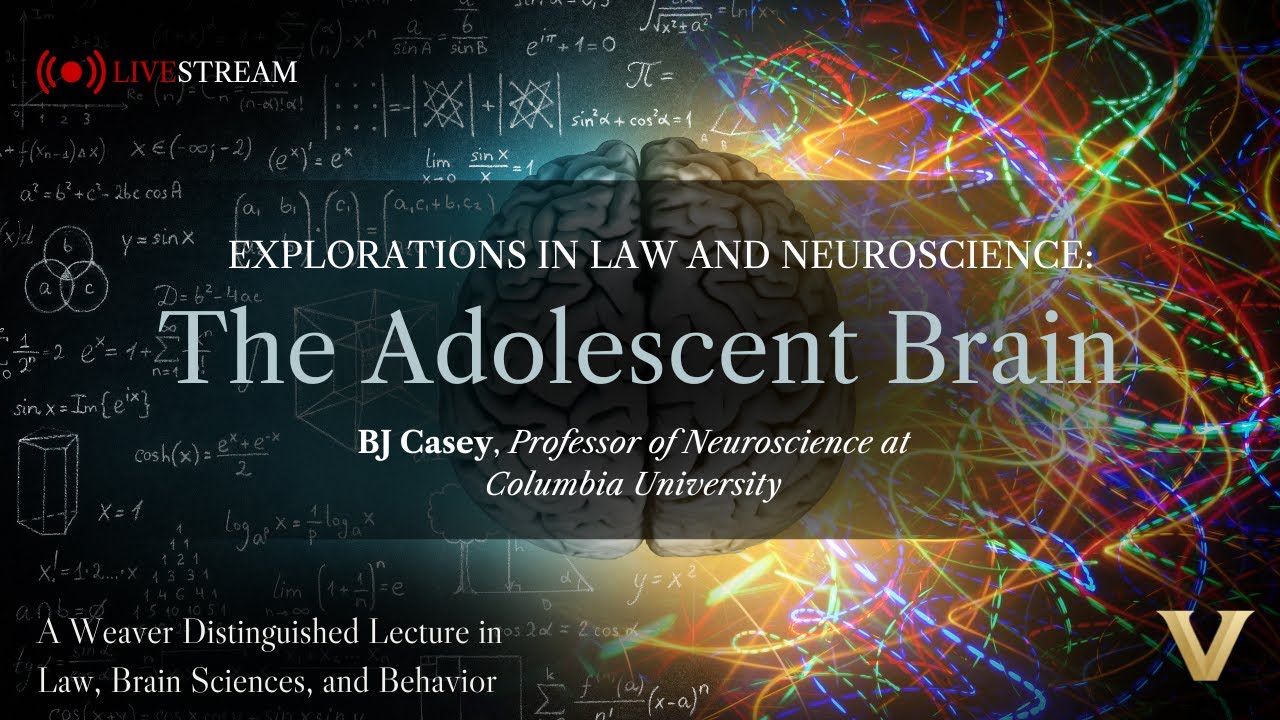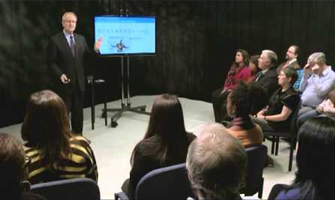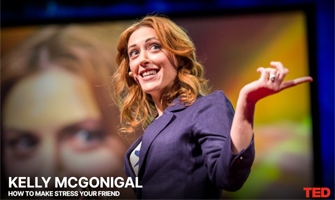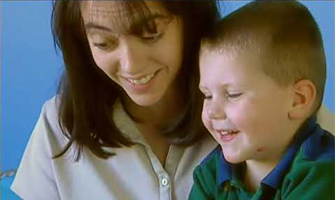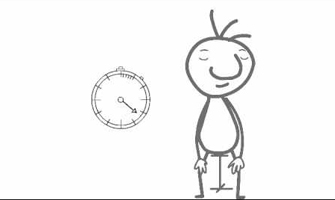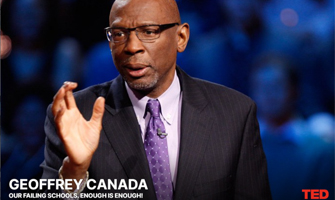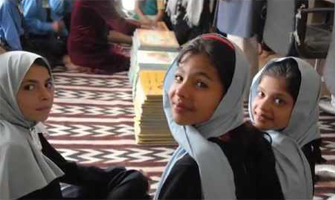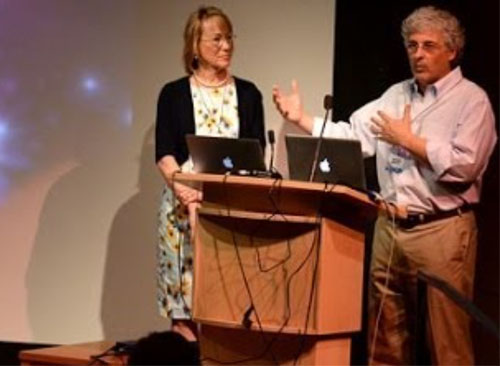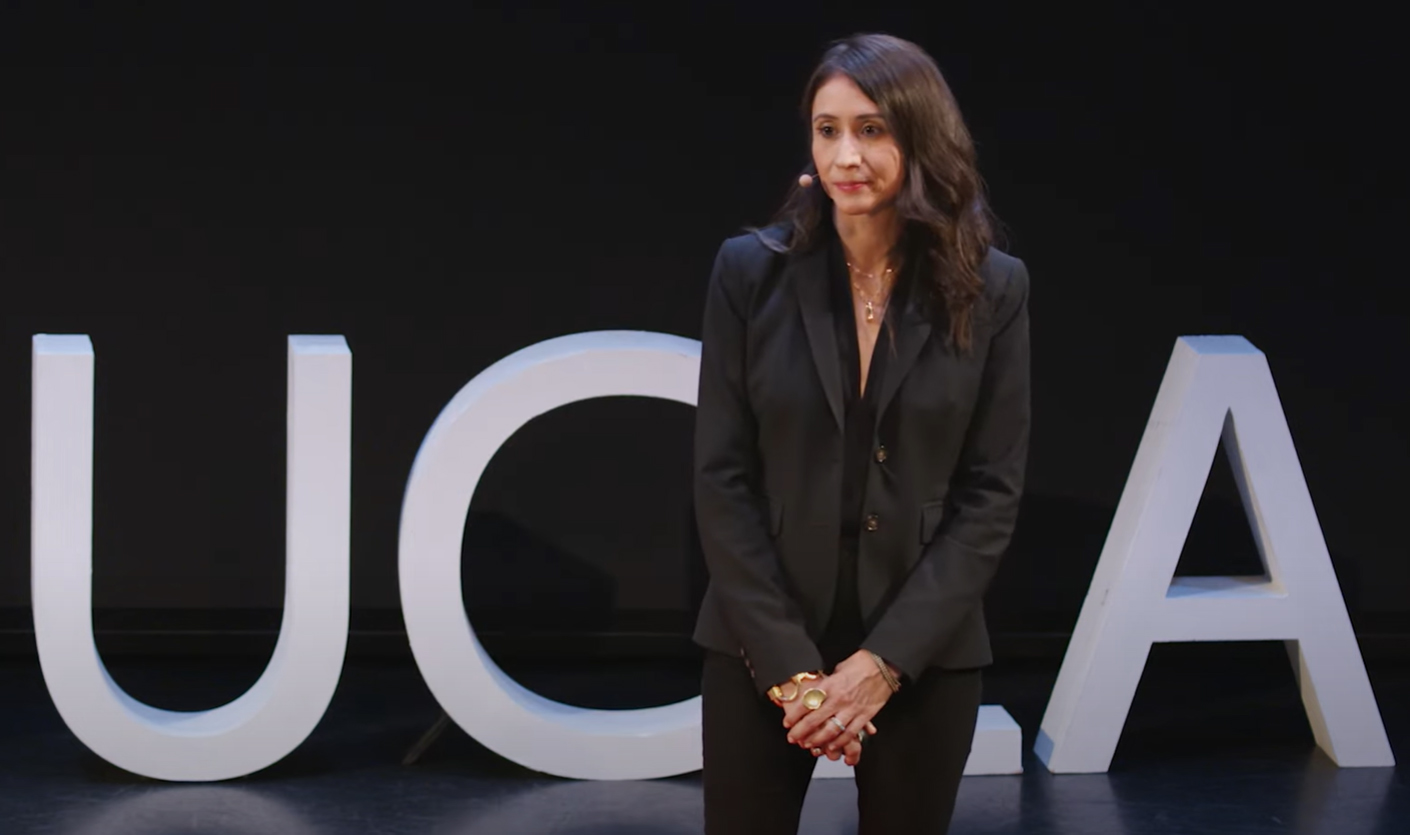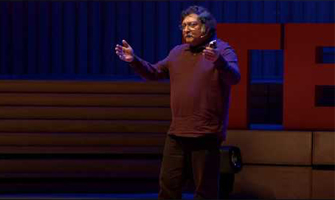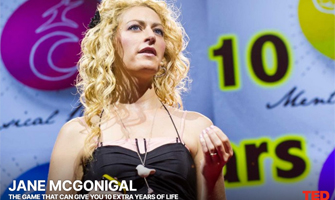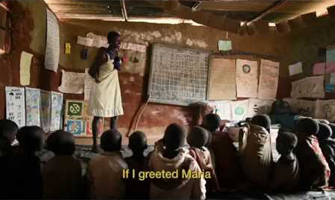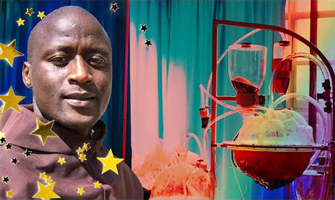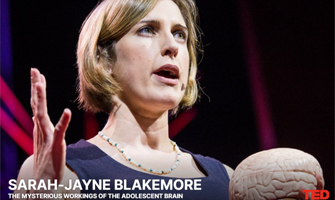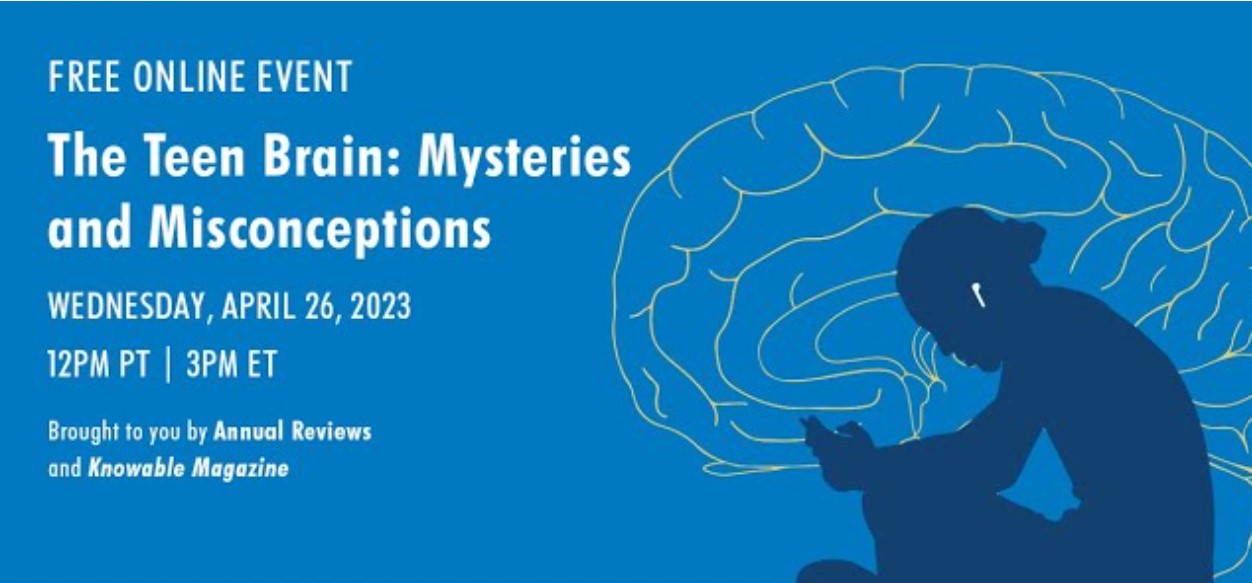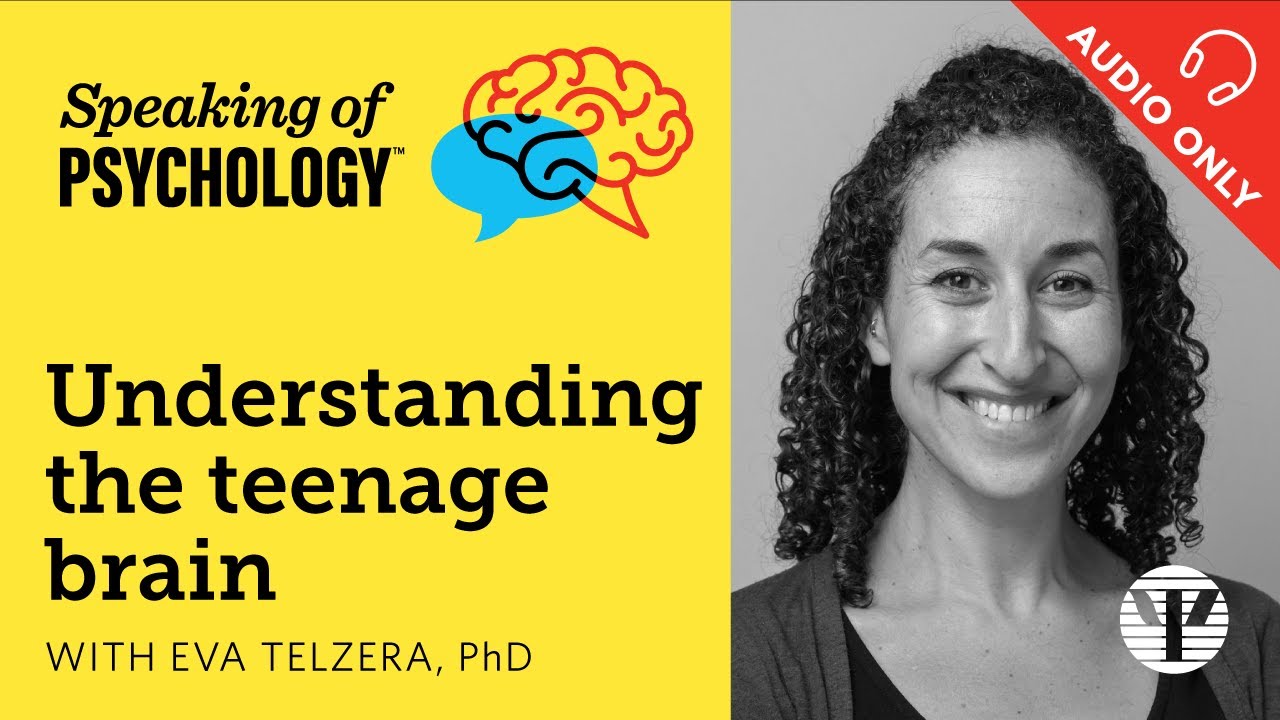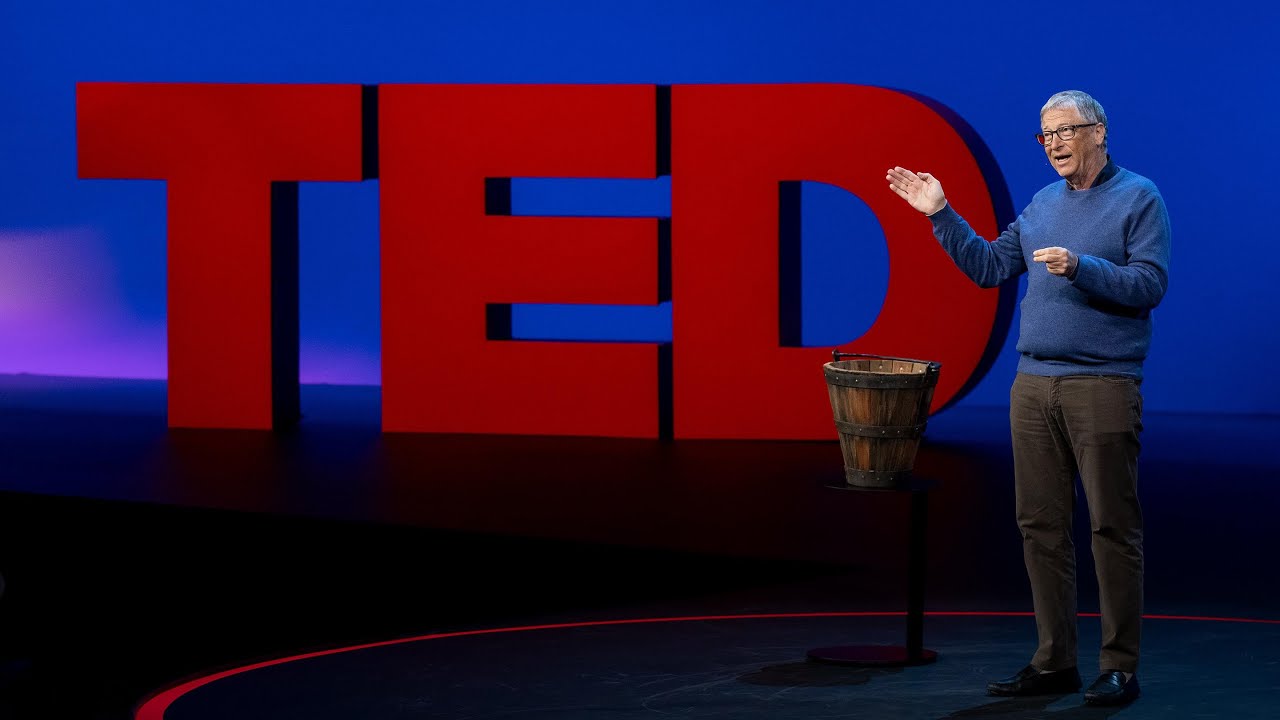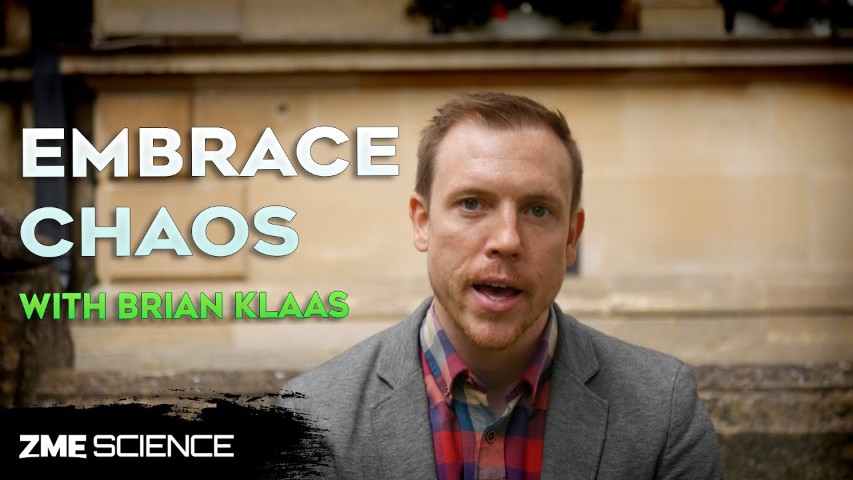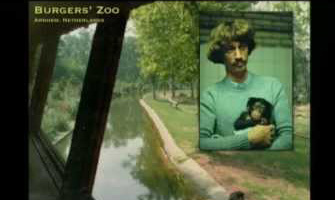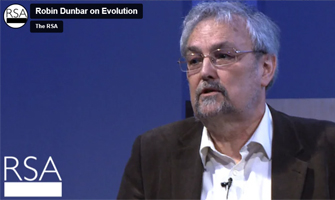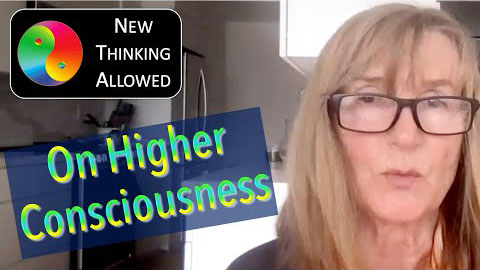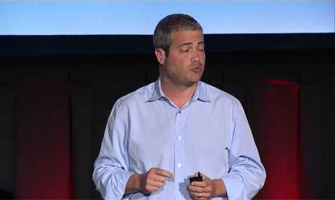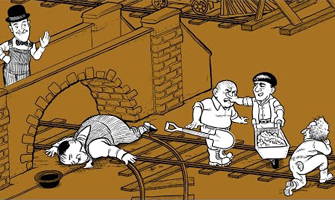Our Prehistoric Ancestors
Cave Structures Shed New Light on Neanderthals
Clues about the Evolution of Our Extraordinary Minds
Did Our Ancestors Have Sex with Neanderthals?
Is a Sense of Fairness Uniquely Human?
Ochre at the Blombos Cave
Prehistoric Animations Emerge from Cave Walls
The Human Spark—Kids Are Naturally Altruistic
The Journey of Man (Part 1 of 13)-A Genetic Odyssey
The Marsoulas Cave Conch: Evidence of Prehistoric Music
Understanding Sound Waves
Why Inequality and Violence are Sometimes Good: The Evolution of Human Values with Ian Morris
The Evolution of Language
How Language Shapes the Way We Think
How the Languages We Speak Shape the Ways We Think
The Oldest (Known) Song of All Time
When Zero Was First Discovered
Ideas that Shaped Our Modern World
Al Khwarizmi—The father of Algebra
Astronomy—The Science of the Stars
Göbekli Tepe—The World's First Temple
Ibn Al-Haytham (Alhazen)–Optics: The True Nature of Light
Ibn Rushd: The Muslim Philosopher Who Paved the Way to the European Renaissance
Misquoting Jesus in the Bible
Nude Woman (Venus of Willendorf)
Secrets of the Aegean Apocalypse
Talking Stone–Rock Art of the Cosos
UNBOXED: Avicenna’s Floating Man & Descartes’ Deceiving Demon
Why the West Rules—For Now
Tools and the Development of Contemporary Society
Are Smartphones Ruining childhood?
Digitalization & Energy: A New Era in Energy?
Guns, Germs, and Steel: The Fates of Human Societies
Renée DiResta: How to Beat Bad Information
Speaking of Psychology: How Social Media Affects Teens’ Mental Health
A Sustainable Planet
A Brief History of Plastic (#TeamSeas)
Al Gore: The Case for Optimism on Climate Change
Are We Living in the Sixth Extinction?
Book Launch: The Big Ratchet
Can Sea Water Desalination Save the World?
Connectivity Conservation
Cosmic Knowledge and the Future of the Human Race
David Wallace-Wells | The Uninhabitable Earth
Drowning in Plastic—Visualizing the World’s Addiction to Plastic Bottles
How Plastic Recycling Actually Works
Is THIS the Real Reason Weather is Getting Wilder?
Mr. Trash Wheel Is Keeping Baltimore Rivers Clean
Praying for Rain in Ethiopia
Restoring Landscapes for Life
The Great Pacific Garbage Patch Is Not What You Think It Is
The Sixth Extinction: Elizabeth Kolbert
The Threat from Climate Tipping Points
UCLA project explores carbon capture through ocean water
Why Wildlife Corridors Matter
Working Lands, a Story of Bears and Ranching
The Changing World Economy
A world without information? Right to Information and SDGs
Creating a Learning Society
Cryptocurrencies: Looking Beyond the Hype
Fortune at the Bottom of the Pyramid
How Elite Surplus and Inequality Lead to Societal Upheaval
Money and Sustainability: The Missing Link
New Thoughts on Capital in the Twenty-First Century
The "Bottom Billion" People
The Twilight of America's Financial Empire?
Why It’s Time for “Doughnut Economics”
Health and Education in the Modern World
Build a School in the Cloud
Do Schools Kill Creativity?
Enhancing Learning with the Power of Passive Exposure
Explorations in Law and Neuroscience: The Adolescent Brain
Healthy Pleasures: The New Science of Happiness
How to Make Stress Your Friend
One-Moment Meditation: “How to Meditate in a Moment”
Our Failing Schools: Enough Is Enough
Peace and Stability Begin with Literacy
The “Big Bang” in Learning: Brain Changes and Childhood Learning
The Adolescent Brain: A Thriving Look
The Game That Can Give You 10 Extra Years of Life
The Karamoja Youth Initiative in Northern Uganda
The Kenyan Teacher Who Gives His Salary to the Poor
The Mysterious Workings of the Adolescent Brain
The Teen Brain: Mysteries and Misconceptions
Understanding the Teenage Brain
We Can Make COVID-19 the Last Pandemic
Why You Should Spend Less Time With Your Kids
Our Mind in the Modern World
Brian Klaas on Chaos Theory
How Your Memory Works—And Why Forgetting Is Totally OK
Jonathan Haidt on The Righteous Mind: Why Good People Are Divided by Politics and Religion
Morality without Religion
Robin Dunbar on Human Evolution
Sensation vs. Perception: What's the Difference?
The Limbic System: Our Motivations, Emotions, Memories, and Drives
The Nature of Higher Consciousness
The Social Brain and Its Superpowers
Three Steps of Anxiety Overload—and How You Can Take Back Control
What Is Emotional Intelligence? The School of Life

